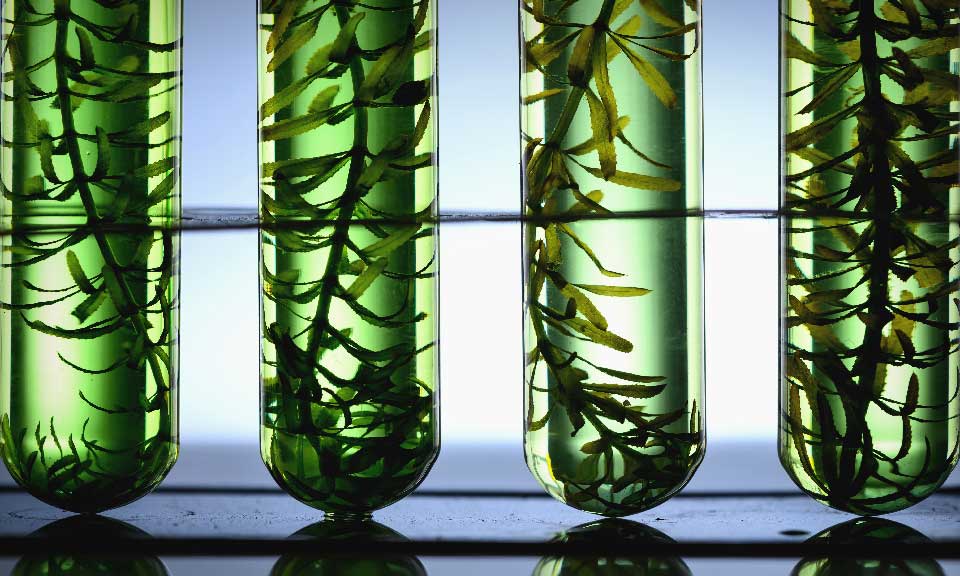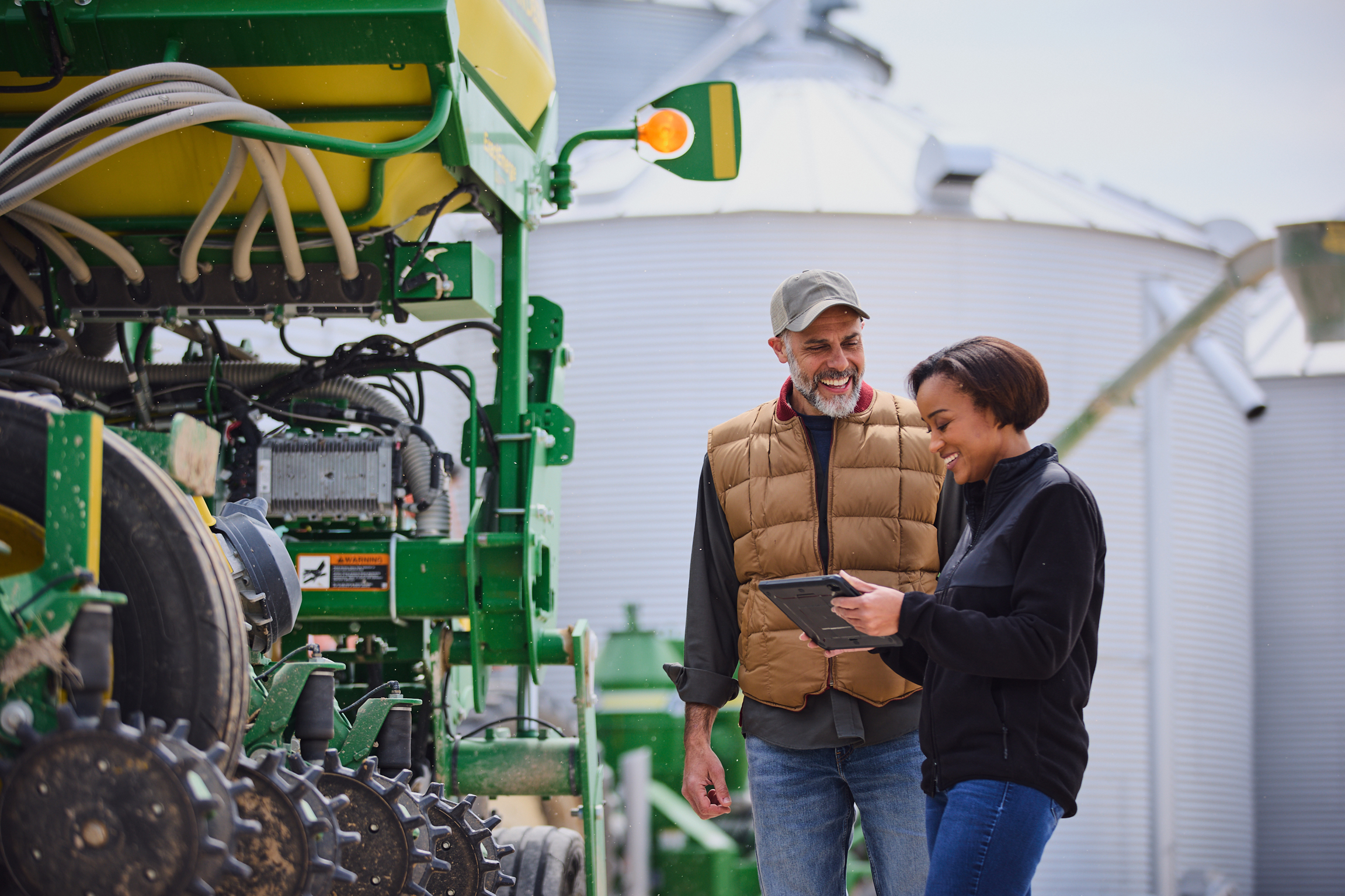INTERVIEW: Varying EU ethanol mandates cloud biofuel demand outlook: ePURE

Reliable demand forecasts for ethanol uptake in the EU are made harder by the piecemeal implementation of fuel standards across the bloc, an official at European renewable ethanol producers' group ePURE said in an interview.
E10 gasoline contains up to 10% renewable ethanol and is the standard gasoline fuel on offer across a range of service stations in a growing number of European countries. It picks up the baton from E5 and in many cases is slated to give way to E20 but although momentum is mounting for E10, with Poland recently announcing it will mandate E10, there are notable gaps in the picture.
Spain and Italy do not have yet E10 available at pump level and these represent significant gaps, David Carpintero, director general of ePURE told S&P Global Commodity Insights in an interview June 5: "I think one of the issues for an ethanol demand outlook is when will Spain and Italy finally complete the implementation of E10. It's long overdue," he said.
Producers and fuel blenders are already turning their sights to E20 and there is a risk that those not yet up to speed will be unable to catch up as E5 and in time E10 become obsolete, he said. "E20 will provide a strong tool for member states to comply with the new Fit-for-55 targets for 2030 to de-fossilize road transport," Carpintero said.
There is traction in ethanol take-up. The Polish government aims to make E10 the standard fuel at the pump starting in 2024, replacing E5. In 2022, Poland's ethanol production increased 21% year on year, with corn oil the main feedstock. The introduction of E10 would add another 200,000 cu m to annual ethanol demand, according to the Polish biofuel chamber, or KIB.
With fuel ethanol demand expected to rise in the future, crude oil refiner and biofuels producer PKN Orlen is set to bring forward investment into its fuel ethanol blending capacity by two years, with a view to producing E10 from January 2024.
Other European countries are adopting the E10 fuel standard too. The Republic of Ireland rolled out the E10 fuel grade in April. Austria plans to introduce E10 in September, having recently created the regulatory requirements for its imminent launch upon the market.
Global fuel ethanol production totaled 1.839 million b/d in 2022 and will rise to 1.962 million b/d in 2024, analysts at S&P Global said June 2. In Europe, production was 94,000 b/d in 2022 and this will rise to 103,000 b/d in 2024, the analysts said.
There were significant upswings in price following Russia's invasion of Ukraine in February 2022 and the resulting international sanctions. These affected flows to Europe of both conventional fuels such as gasoline and diesel, of which Russia was traditionally a key exporter, and feedstock for renewable fuels from the Black Sea.
Fuel Ethanol T2 FOB at Rotterdam was Eur552/cu ($590/cu m) in March 2021; in March the following year, directly after the invasion, it was Eur1,143/cu m, according to S&P Global data. Since then, trade flows have reconfigured themselves and initial alarm about supply of fuel products has diminished. In May, Europe Fuel Ethanol T2 FOB was Eur753/cu m and analysts at S&P Global forecast it will be Eur764/cu m in November.
May's level was the lowest in 2023 but the start of the summer driving season should provide a price floor, S&P Global analysts said.
There has been a growing chorus from lobby groups and lawmakers for biofuels to be produced from non-crop-based feedstocks, but from so-called advanced feedstocks, derived from residue.
Through updates to its Renewable Energy Directive, the EU has not phased out crop-based fuels but has capped their content at 2020 levels plus 1%, with a maximum of 7%.
European Waste-based & Advanced Biofuels Association (EWABA) secretary-general Angel Alvarez Albardi told S&P Global in April that while his group represents advanced feedstocks it still feels the need for crop-based biofuels in the mix.
Carpintero echoed this, adding that the best way to manufacture advanced feedstocks is via production routes for crop-based fuels. "The best efficiency is when advanced [feedstocks derived fuel is linked to the existing biorefineries," Carpintero said, adding that there are 50 biorefineries in Europe.
Production is currently set up along these lines in any case. At present, feedstocks in Annex IX A, the EU's list of approved advanced biofuels feedstocks, tend to be waste products from crops.

News
Bayer AG has announced the pilot of an expert generative AI (GenAI) system that “quickly and accurately” answers questions related to agronomy, farm management and Bayer agricultural products. The pilot has been developed in collaboration with Microsoft as leading technology partner and Ernst & Young (EY) as an industry partner, the company said. The system is the result of Bayer using proprietary agronomic data to train a large language model (LLM) with years of internal data, insights from thousands of trials within its vast testing network and centuries of aggregated experience from Bayer agronomists around the world, the company said. “Our unique GenAI system has the potential to serve agronomists and benefit farmers all over the world, further advancing AI as an indispensable technology for agriculture,” said Amanda McClerren, CIO and head of digital transformation & information technology for Bayer’s crop science division. Bayer said it is exploring ways to integrate the expert GenAI system into its digital offerings, and the company anticipates broad opportunities for collaboration with other agricultural offerings and partners. “Bayer aims to expand the pilot of the expert GenAI system to selected agronomists and potentially farmers as early as this year, while continuing to advance a separate GenAI prototype allowing users to directly query their own farm data,” the company said. In addition, the partnership between Bayer and Microsoft enables the company to bring ready-made capabilities, AgPowered Services, to the agri-food industry, such as Bayer’s Historical Weather that brings a comprehensive weather dataset to Azure Data Manager for Agriculture that spans the last 40 years and provides detailed, field-level weather insights across global agricultural regions, the company said. Integrating tools from IBM, including from the IBM Environmental Intelligence Suite, the new capability, which was previously available for internal use only, can inform weather risk assessments and actuary processes, Bayer said. It will also be used by Bayer and others to forecast crop seasonality and production changes year over year, as well as train agronomic models, it said. Meanwhile, Bayer is developing a connector that enables access to irrigation data from Lindsay Corp., an industry-leading irrigation solution provider. This expands the data types available to Azure Data Manager's enterprise customers, making it possible for them to connect to irrigation data in the same way as weather, imagery, original equipment manufacturer (OEM) and other data types, the company said. The new cloud offerings will also support regulatory and sustainability reporting, such as providing supply chain traceability that can help ensure compliance with new laws such as the EU Deforestation Regulation, which is expected to go into effect at the end of 2024, Bayer said. This article was first published in chemweek.com. Photo credit: Bayer

News
Asia has seen the fastest growth in biofuels production and exports globally, driven by government policies and export markets for feedstocks. To capitalize on the boom, governments have rapidly pushed out biofuel mandates focused around their country’s main agricultural products. Presently, the largest biofuel producers in the region are China, India, Indonesia, Malaysia, the Philippines and Thailand. Here’s a ready reckoner for Asia’s major biofuel policies along with production, trade and prices. Click for the full-size infographic